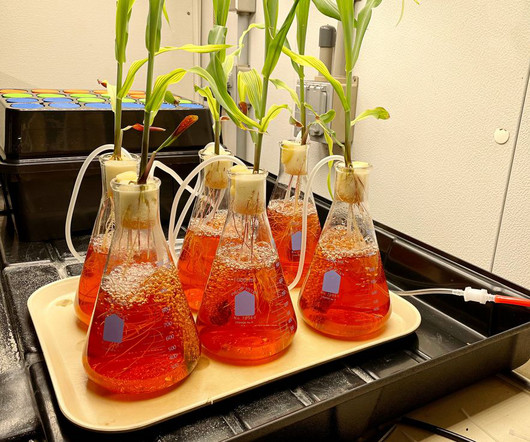2016 Billion Ton Report shows US could sustainably produce at least 1B tons biomass by 2040 for bioeconomy
Green Car Congress
JULY 13, 2016
The 2016 Billion-Ton Report , volume 1, updates and expands upon analysis in the 2011 US Billion-Ton Update ( earlier post ), which was preceded by the 2005 US Billion Ton Study ( earlier post ). The Billion Ton 2016 is the third in the series of these Billion Ton reports. and Allegheny Science and Technology).















Let's personalize your content